Knowledge Hub
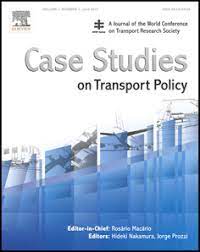
Scoot Over: Determinants of Shared Electric Scooter Presence in Washington D.C
2021
Author(s): Hawa L, Cui B, Sun L, El-Geneidy A
The objective of this study is to investigate how temporal, land use, transport infrastructure, and weather attributes impact available e-scooter distribution and variation in e-scooter presence in Washington D.C., to reveal use patterns and develop a framework for studying citywide e-scooter systems.
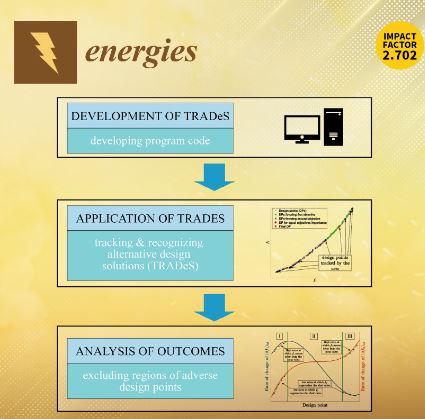
Analyzing the Fast-Charging Potential for Electric Vehicles With Local Photovoltaic Power Production in French Suburban Highway Network
2021
Author(s): Mourad A, Hennebel M, Amrani A, Hamida AB
In this paper, the authors provide a survey on EV fast-charging models and introduce a data-driven approach with an optimization model for deploying EV fast-chargers for both electric vehicles and heavy trucks traveling through a network of suburban highways.
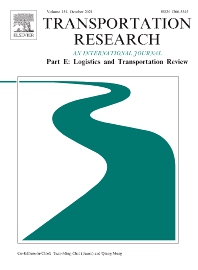
Promoting Electric Vehicle Adoption: Who Should Invest in Charging Infrastructure?
2021
Author(s): Kumar RR, Chakraborty A, Mandal P
Electric mobility has emerged as a key initiative for policymakers and governments to mitigate the transportation sector's carbon footprint. However, the adoption of electric vehicles (EVs) is slow, primarily due to the scarcity of adequate charging facilities.
Electric Vehicle Conductive Charging Systems
2021
Publisher/Organisation: Bureau of Indian Standards (BIS)
This standard is applicable to Light Electric Vehicle AC Charge Point (LEV AC Charge Point), which is a basic conductive AC charging option for charging light electric road vehicles with rated supply voltage 240 V a.c. and current up to 16A a.c. The standard covers requirements of LEV AC Charge Point with respect to functionality, environmental aspects, energy measurement, mechanical and electrical safety considerations.
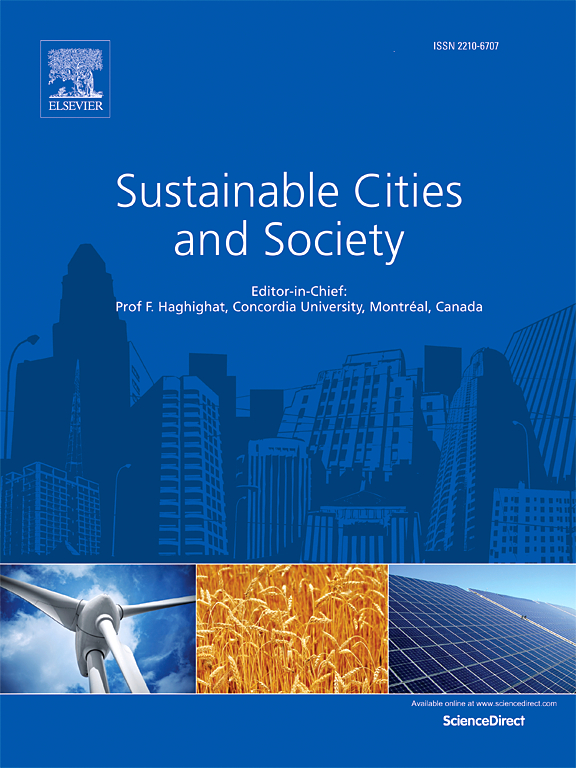
Understanding Barriers and Enablers of Electric Vehicles in Urban Freight Transport: Addressing Stakeholder Needs in Turkey
2021
Author(s): İmre Ş, Çelebi D, Koca F
This paper aims to obtain an in-depth understanding of the factors that influence the adoption of EFVs in urban freight transport fleets in Turkey.
Request for Proposal for Selection of Manufacturers for Setting Up Manufacturing Capacities for Advance Chemistry Cell (ACC) under the Production Linked Incentive (PLI) Scheme
2021
Publisher/Organisation: Government of India
The purpose of this Request for Proposal (RFP) is to provide interested parties with information that may be useful to them in making their financial offers (Bids) pursuant to this RFP. This RFP includes statements, which reflect various assumptions and assessments arrived at by the Government in relation to the Project.
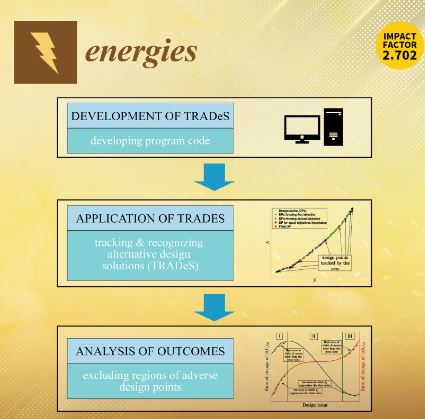
End of Electric Vehicle Batteries: Reuse vs. Recycle
2021
Author(s): Kotak Y, Fernández CM, Casals LC, Kotak BS, Koch D, Geisbauer C, Trilla L, Gómez-Núñez A, Schweiger H-G
This paper theoretically investigates these areas, i.e., recycle and reuse. It was found that there are several commercially used recycling processes, and also some are under research to regain maximum possible materials and quantity.

Solar Charging Infrastructure for E-vehicles: A Review
2021
Author(s): Vijayakumar K
The market for electric vehicles has been growing enormously over the last two years and should continue to expand exponentially. This requires a large domestic and commercial charging network.
Raw Materials for Electric Mobility
2021
Author(s): Deutsche Gesellschaft für Internationale Zusammenarbeit (GIZ) GmbH, Bundesanstalt für Geowissenschaften und Rohstoffe (BGR)
Resources such as lithium, cobalt, nickel, graphite, aluminium, tin, manganese and copper are used, for instance, to produce lithium-ion batteries that power electric mobility. The extraction of these resources brings with it a number of social and environmental risks
Jharkhand Draft Electric Vehicle Policy 2021
2021
Publisher/Organisation: Government of Jharkhand
The draft Electric Vehicle Policy 2021 envisages making Jharkhand a preferred manufacturing hub in eastern India and targets 10 per cent of the new vehicle registrations in the state by 2026 to be EVs besides conversion of 15 per cent of the state public transport vehicles to electric.



